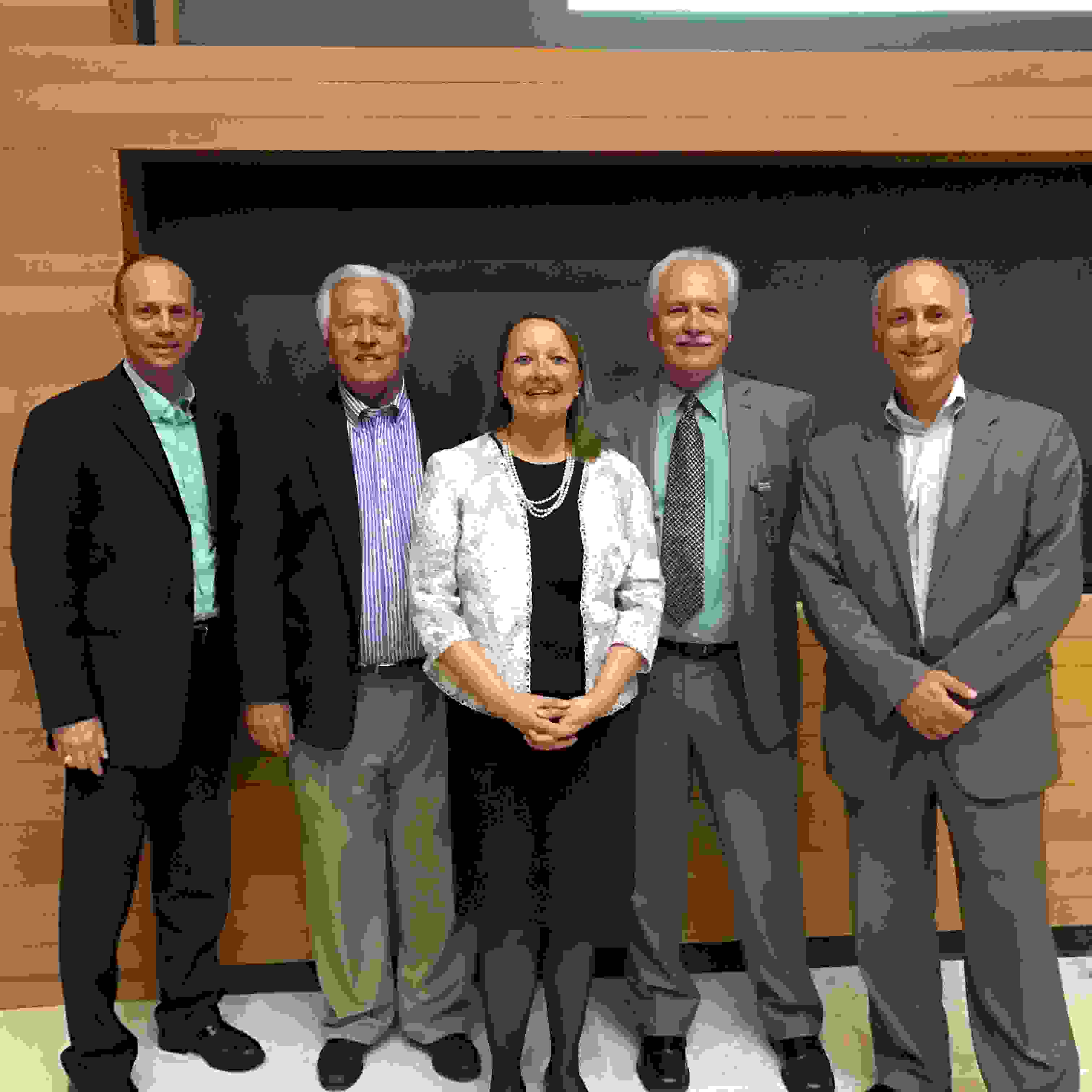Water security for people and the environment is a hot topic around the globe, and the World Wildlife Foundation is right in the midst of it, according to Karin Krchnak, the freshwater director of the World Wildlife Fund-U.S.
The solutions to water security, however, cannot be solved in isolation. “We really need alliances and partnerships,” Krchnak said at a recent lecture in College Station.
Krchnak spoke on “Achieving Water Security: Building Alliances for Better Water Management across Sectors and Boundaries” as part of the annual Water Lecture Series: Perspectives on Law and Policy held at Texas A&M University in College Station and at the Texas A&M School of Law in Fort Worth.
The events were sponsored by the Water Management and Hydrological Science Program at Texas A&M, the Texas Water Resources Institute, the Texas A&M University School of Law and the Bush School of Government and Public Service.
Krchnak gave an overview of how the World Wildlife Fund, in particular, is involved in alliances and partnerships to help make water secure and raise awareness about watershed management throughout the world. She cited the organization’s work with companies as using the “power of partnerships” to make a company more aware of its water risks and understand its supply chain, including where the water for products comes from.
For example, the fund is partnering with Coca-Cola on ways it can better manage its water and work in the water community so the company can be a better water steward.
The fund also works with farmers and others in agriculture to reduce impacts on watersheds while increasing agricultural productivity.
Krchnak said the fund is focusing on certain challenges to water security, including increasing consumptive patterns, particularly in agriculture; shortsighted or unsustainable infrastructure decisions; lack of transparency, accountability and engagement; pollution and climate change.
“Most impacts of climate change are being felt through water,” such as in droughts or floods, she said.
Krchnak said there are many interpretations of what water security is, and those include everything from national security to human security.
Many people equate water security with water scarcity but that is not always the case, she said. “It can be too much water, especially at the wrong time of the year.”
In terms of national security, she said the U.S. intelligence community has recognized that water security is a major issue and can contribute to a country’s instability.
“But they said water is unlikely to cause state-on-state conflict in the next 10 years,” she said.
Watch Krchnak’s complete lecture.


